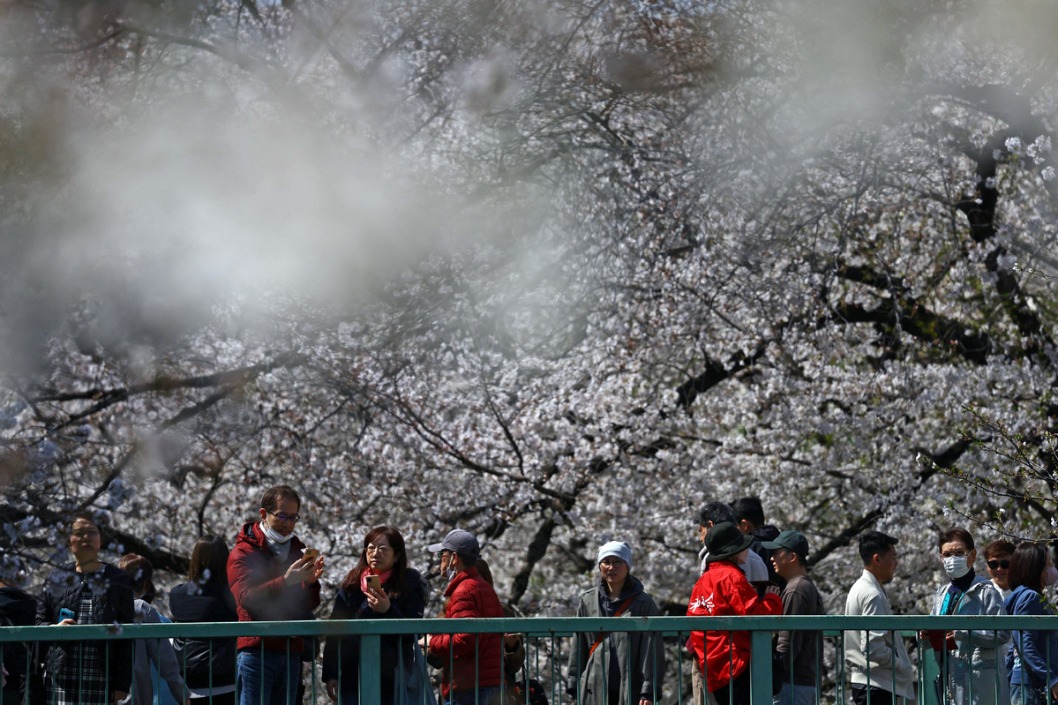China and Cambodia's 'cold chain' shipping route boosts bilateral trade

The newly-launched "cold chain+ general cargo" transport route between China's southernmost port Fangchenggang and Cambodia's Koh Kong Port is set to enhance Cambodia's export capacity, according to business insiders.
Lor Vichet, vice-president of the Cambodia Chinese Commerce Association told The Phnom Penh Post on March 18 that the new cold chain system will be especially beneficial for the agricultural sector, as it ensures goods are shipped at controlled temperatures.
"This preserves their quality. In addition, direct shipping from Fangchenggang to Koh Kong will provide many other benefits, such as reduced shipping times, no need for transshipment and lower costs," he said.
He noted that this was particularly relevant as Cambodia's agricultural yields continue to grow annually.
The new route was announced on March 15. The following day, Wang Wenbin, Chinese ambassador to Cambodia, took to social media to laud the latest commercial link between the two nations.
"Congrats to the maiden voyage of the 'cold chain + general cargo' route from Fangchenggang Port in Southwest China to Koh Kong Port, Cambodia. This 7-day direct line can cut shipping time by more than 50 percent, and logistical costs by over 20 percent, compared with the transit mode," he wrote.
Vichet noted that the new route demonstrates the strengthening of diplomatic and trade relations between Cambodia and China, especially in terms of the export of agricultural products to China.
"This will help Cambodian agricultural products gain a greater presence in the Chinese market. Besides preserving product quality for longer periods and reducing transport times, it will also help lower production costs, making Cambodia's products more competitive in international markets," he said.
He also pointed out that if Cambodia's pharmaceutical production continues to grow and exports increase, then the demand for cold chain transport will also rise.
Cambodia's Ministry of Agriculture, Forestry and Fisheries reported that in 2024, the country exported 11.7 million tonnes of agricultural products, a 39 percent increase over 2023. Revenue from these goods was approximately $4.8 billion.
Lim Heng, vice-president of the Cambodia Chamber of Commerce, explained that the annual growth of the Cambodia's agricultural production has created opportunities to increase its exports, especially with the ongoing implementation of free trade agreements with China as well as the RCEP agreement.
"I have noticed that our agricultural products are now being produced to meet export market demands such as rice, corn, mangoes and bananas, all of which are of increasingly better quality," he said.
The General Department of Customs and Excise (GDCE) of Cambodia reported that in the first two months of the year, the country's total international trade value was $9.447 billion. China remains Cambodia's largest trading partner, accounting for 28.18 percent of total trade.
GDCE said trade between the two countries reached a total of $2.662 billion in the first two months of this year, a 21.1 percent increase over the same period last year.
The Phnom Penh Post
































